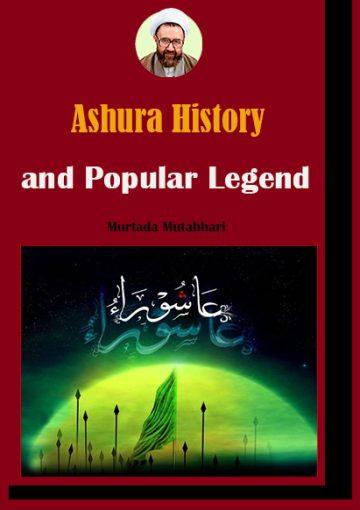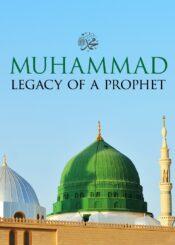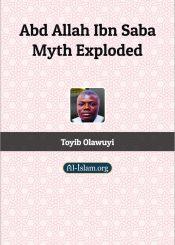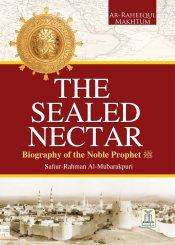Ashura History and Popular Legend

Ashura History and Popular Legend
Author :
Interpreter :
Number of volumes :
1
Publisher :
Publish number :
First
Publication year :
1996
(0 Votes)

(0 Votes)
Ashura History and Popular Legend
The tragedy of ʿĀshūrāʾ (the tenth day of Muḥarram) is one of the most documented events in Islamic history — yet also one of the most mythologized. Ashura History and Popular Legend examines how authentic historical accounts of Imam Ḥusayn’s (ʿa, an honorific meaning ʿalayhi al-salām — peace be upon him) martyrdom at Karbalāʾ became intertwined over time with popular storytelling, devotional imagination, and cultural narrative. The book invites readers to distinguish enduring truth (ḥaqq) from later embellishment, while appreciating the spiritual motives behind communal remembrance.
About the Book
Published by the World Organization for Islamic Services, Ashura History and Popular Legend provides a clear and balanced study of the historical foundations of ʿĀshūrāʾ as well as the development of popular devotional literature. Drawing from early Arabic chronicles, ḥadīth (prophetic tradition), and modern historiography, the author analyzes how the core narrative of Imam Ḥusayn ibn ʿAlī (ʿa) — his stand for divine justice (ʿadl) and reform (iṣlāḥ, moral rectification) — was preserved with remarkable accuracy, even as cultural retellings introduced symbolic or emotional expansions. The book offers a careful assessment of which elements belong to the earliest maqtal (martyrdom) sources and which emerged later in sermons, poetry, processions, and popular imagination. Without dismissing the devotional value of such expressions, the work helps readers recognize the distinction between documented history and spiritually motivated legend.
What You Will Discover
- A critical comparison between historical ʿĀshūrāʾ sources and later popular narratives.
- The development of maqtal literature and its role in preserving Imam Ḥusayn’s (ʿa) legacy.
- How devotional storytelling shaped communal mourning (ʿazāʾ, ritual lamentation).
- The theological significance of truth (ḥaqq), justice (ʿadl), and reform (iṣlāḥ) in authentic sources.
- How to appreciate spiritual symbolism without confusing it with historical fact.
About the Author
The World Organization for Islamic Services is a Shīʿī research and publishing institution based in Tehran focused on presenting reliable Islamic scholarship. Through titles such as Ashura History and Popular Legend, it seeks to guide readers toward a truthful, evidence-based understanding of ʿĀshūrāʾ while honoring the devotional traditions that keep Imam Ḥusayn’s (ʿa) memory alive.
Who Is This Book For?
This book is for students, researchers, and readers seeking a thoughtful and balanced study of ʿĀshūrāʾ — one that respects both historical authenticity and the devotional culture that grew around Karbalāʾ.






